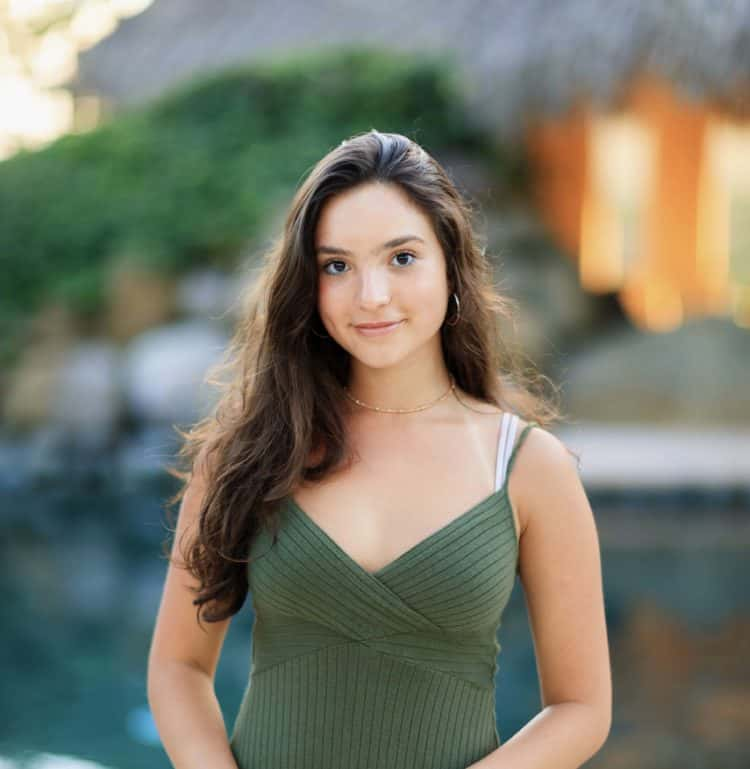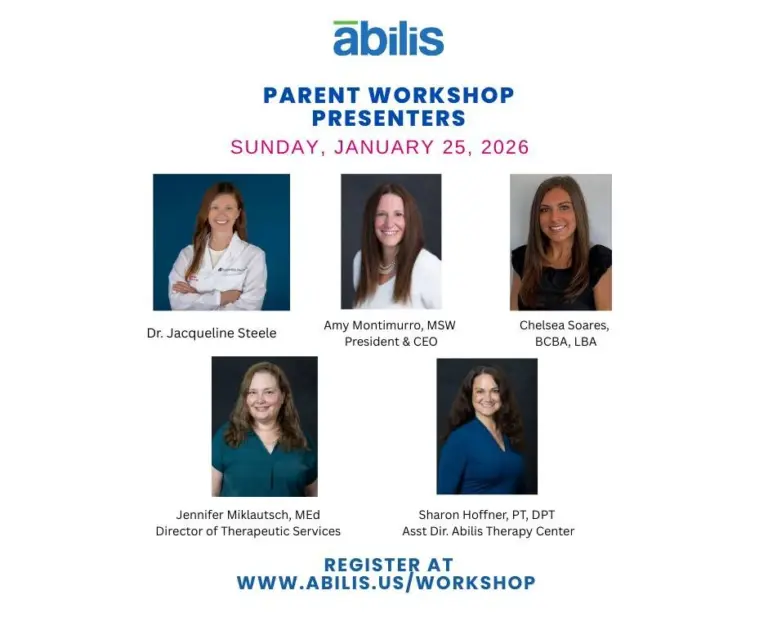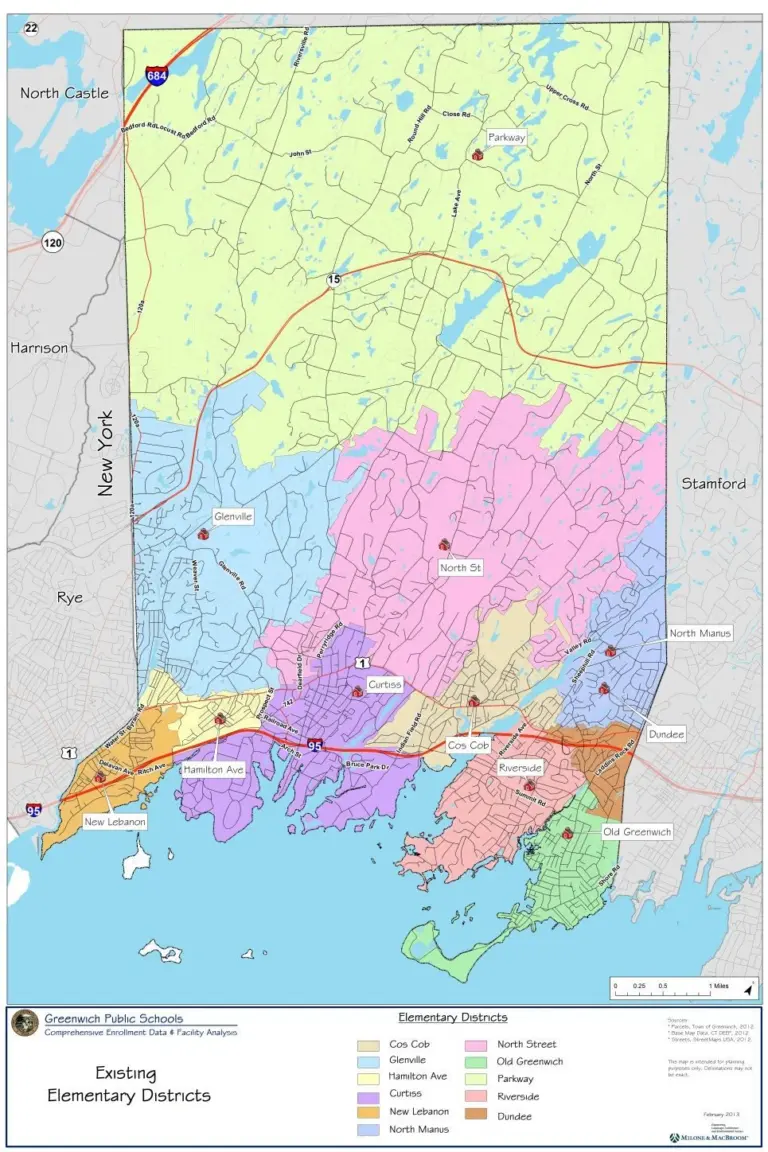
By Maya Hurst
I’d like to begin by acknowledging that I am a young, white-passing woman who lives in Greenwich, Connecticut. I recognize the immense privilege that comes with the life I lead and the image that I portray. Although I am a person of color, I am not Black, and will never be able to fully understand the Black experience. In these months following the brutal murder of George Floyd, I have become increasingly aware of and angered by the inequalities and injustices that Black Americans face every single day. While it can be incredibly draining and heartbreaking to educate oneself and face the realities of racial inequality in America, I have found it necessary to play my part in striving towards a more free and equal world for all. I recognize that I am guilty of being ignorant- especially to the scope and impact of these inequalities. I have made mistakes, spoken over others, and been oblivious to my privilege- I acknowledge and apologize for this. Even so, I have also been making attempts to combat this ignorance, primarily through educating myself in order to be a better ally and advocate for justice and change. That being said, I feel as if the primary way that we as a community can battle racism and racial injustices is through increased education and dialogue.
Some of the most disturbing instances I have observed are when children express incredibly prejudiced or insensitive behavior. When I hear young children speaking about race, the conversation almost always revolves around appearance- whether that be skin color, hair type, or other physical traits. In these moments, I have noticed a genuine curiosity, followed by a dislike and discomfort towards what is unknown or uncommon to them. As a babysitter and camp counselor, I have had children make direct comments to me- asking why I would want to get darker in the sun, why I’d sleep in braids if it would make my hair curly, etc. While the children who asked these questions may not be fully aware of the implications behind their words, hearing such statements is truly unsettling. I believe that if children see more representation of a diverse range of cultures and races in their education, they would be more open and accepting of those who may not look or act exactly like themselves.
Personally, I have grown up in Greenwich, and have been educated in various Greenwich private schools. While I have certainly acquired a phenomenal education, I feel cheated by the lack of diversity in my own learnings. I strongly believe that the shortage of open dialogue regarding race and the lack of representation in the schools I have attended -especially at young ages- is a primary cause for intolerant behavior in young students. Growing up, I was taught that race is a “taboo” subject to be avoided, especially in school- a place that should promote learning and understanding. Race is sometimes considered “political”; in my experience, children and young adults are often told to avoid speaking of racial history and the injustices that still exist today. Whether out of shame or the desire for comfort, this mindset is incredibly toxic, especially when employed around young children. From my perspective, children -especially those who are not of color- who are not taught to be actively anti-racist and accepting become susceptible to being ignorant towards or uncomfortable with other cultures and identities.
In my own educational background, nearly every single thing I have learned about Black history or culture in school has to do with the institution of slavery. The last time any curriculum that I have studied focused on Native American and Indigenous history for longer than a week or two was in elementary school. The majority of books I have read in English classes have been from a white perspective or by a white author. Only in recent months did I learn about Juneteenth and Black Wall Street, as well as the countless other instances of police brutality and police murder towards Black Americans that have occurred: all information that I had to seek out on my own. In my experience, the history we learn tends to be white-washed; although they are essentially the same, “Black history” and “American history” have been treated as separate entities. While every school and every individuals’ experience may not be like mine, I truly believe that all students -not just those of color- are cheated and blindsided by any lack of diversity in the education system. When students are not taught to acknowledge and praise the differences between themselves from a young age, they may never grow to advocate for equality and justice for all in their futures. Conversation is ignited through education, and when this education occurs in schools and is fact-based, children and young adults are further able to have open, intellectual discourse on topics that may have previously been considered taboo.
While painful and oftentimes awkward, I have found that it is crucial to actively lean into discomfort in order to grow- especially in safe learning environments such as schools. If we do not speak of race -whether that be in the home or in the classroom- or acknowledge the injustices that still exist in America today, cultivating lasting change becomes far more difficult. Nevertheless, I have hopes for a future in which equality, difference, and intersectionality are taught, accepted, and praised by all.
Lastly, I urge you -whether you be a parent, a teacher, a sibling, or a friend- to be open to conversations regarding race. Be willing to make mistakes and ready to apologize for them. Keep an open mind and an open heart, and listen to those around you- especially those who may not have the loudest voices. Acknowledge your differences, share your culture, and learn from others. We are all living a uniquely human experience and must acknowledge and celebrate how our differences mold each of us into the people that we are. In order to break down barriers, we must be vulnerable, we must recognize our privileges, and we must educate ourselves.
Maya Hurst is 17 years old and currently a junior at Greenwich Academy. She writes for the Greenwich Academy Press and is an Editor-in-Cheif of Daedalus, the GA Art and Literary Magazine. Maya has four younger siblings and adores photography.




